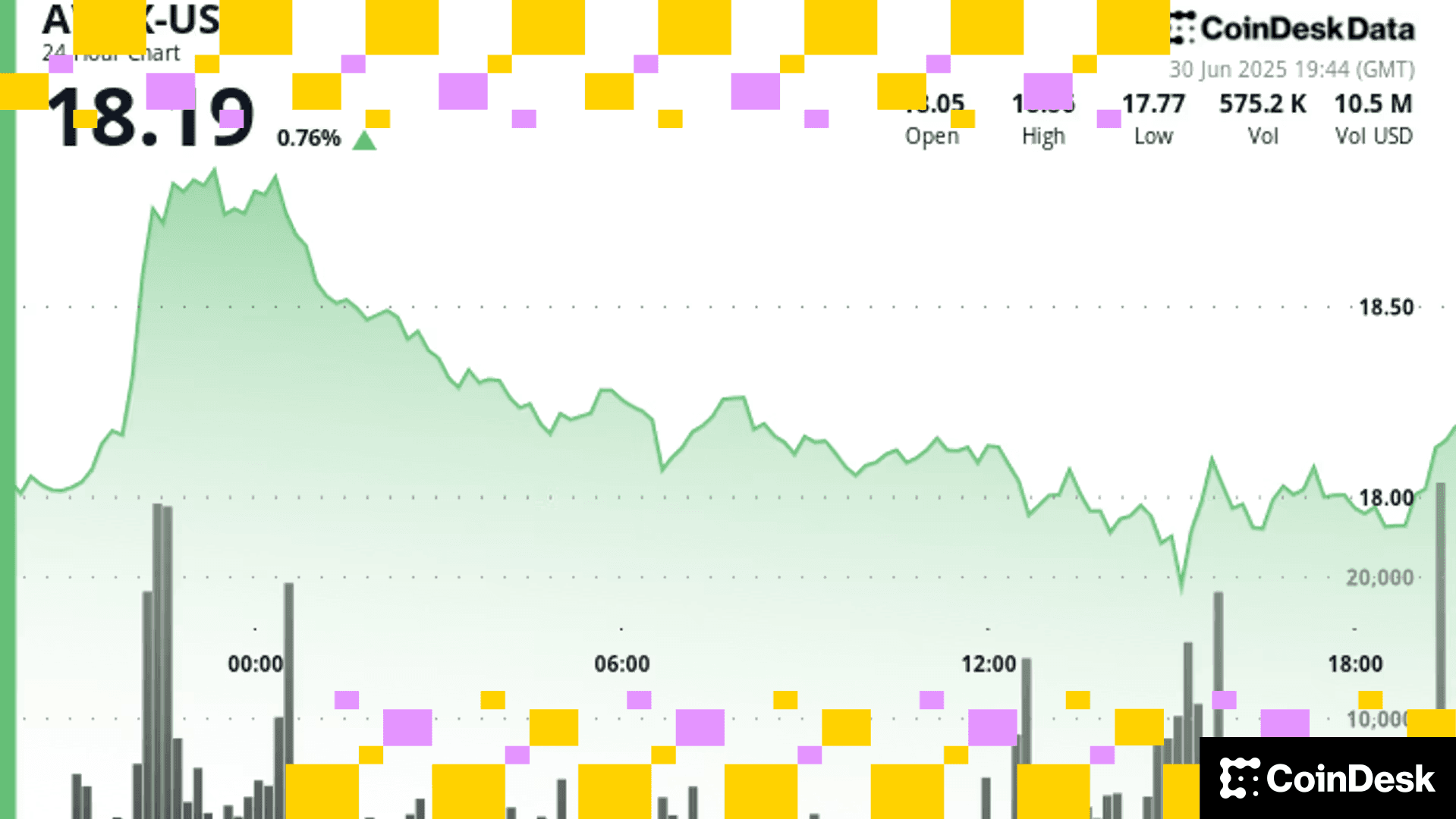Buenos Aires to Deploy Ethereum Validator Nodes in 2023
The initiative aims to research and develop adaptive regulation for the crypto ecosystem, the government said.

Buenos Aires, the capital of Argentina, plans to deploy Ethereum validation nodes in 2023, Diego Fernández, the city’s secretary of innovation and digital transformation, said during the South American country's ETHLatam conference Thursday.
In an interview with CoinDesk, Fernández said the effort “has exploratory and regulatory purposes” and will help the city of 3 million people “develop adaptable regulation” for crypto.
Buenos Aires would be one of the first cities in the world where a government deploys Ethereum nodes, or a computer running Ethereum client software.
Deployment of the nodes will be carried out under a regulatory sandbox that the Buenos Aires legislature approved in 2021, Fernandez added.
Through the sandbox, the government of Buenos Aires will call on private parties to contribute to the deployment of the nodes.
Read more: Ethereum Nodes and Clients: A Complete Guide
He did not state how many nodes the city will install, but he said they would be hosted in “world-class” data centers owned by the Buenos Aires government.
It is not Buenos Aires' first foray into crypto. In March, Fernández told CoinDesk the city started working on a blockchain-based digital identity platform, TangoID, with the aim of giving the city's residents control over their personal data. The platform will be operational in January 2023, he added.
During his presentation on Thursday, Fernández detailed that TangoID will initially be anchored on Starknet.
In April, Buenos Aires Mayor Horacio Rodríguez Larreta announced the city would allow the payment of taxes using cryptocurrencies. At that time, Larreta detailed that the government will not receive crypto directly from residents but instead Argentine pesos, via conversions to be carried out by crypto companies.
More For You
More For You












